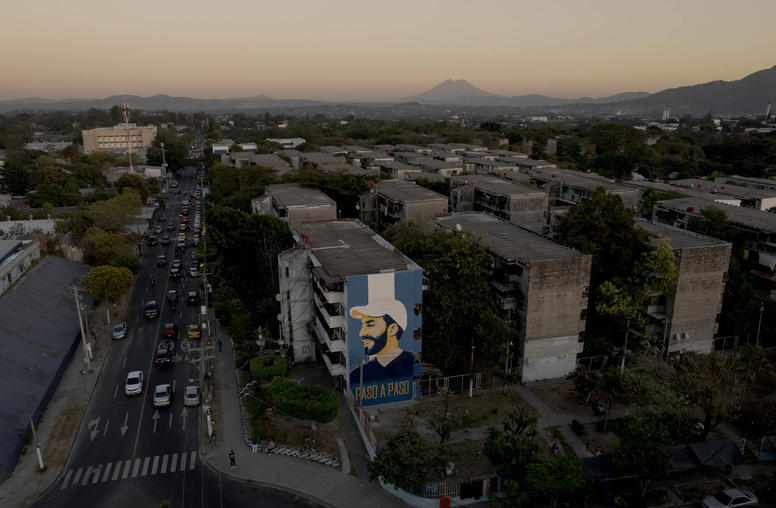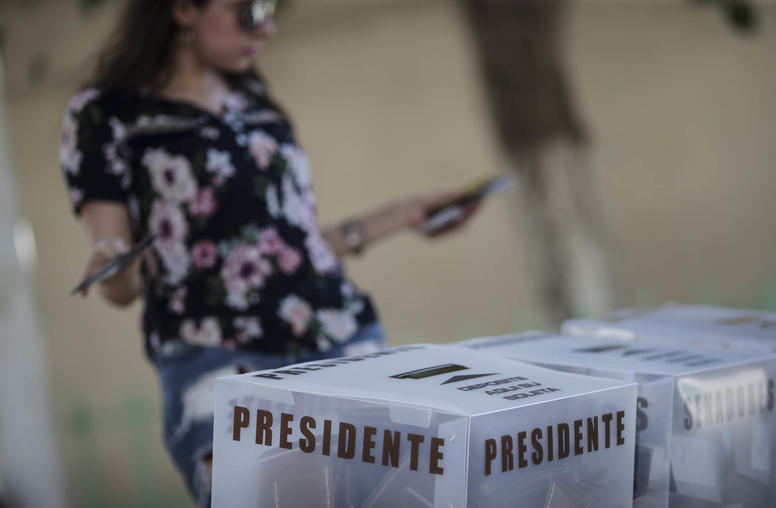Mark Feierstein
Contact
Please submit all media inquiries to interviews@usip.org or call 202.429.3869.
For all other inquiries, please call 202.457.1700
Mark Feierstein is a senior advisor with the Latin America program at USIP.
Prior to USIP, Feierstein served for more than three decades at senior levels in the public and private sectors. In government, he has served as senior director for Western Hemisphere affairs and special assistant to the president on the National Security Council, acting deputy administrator as well as assistant administrator for Latin America and the Caribbean at USAID, and as acting deputy chief of mission for the U.S. Mission to the Organization of American States.
Outside government, Feierstein has spent time as a principal at a polling firm, as director for Latin America at the National Democratic Institute, and as a journalist in Mexico and the United States. In addition to his USIP role, he serves as a senior advisor with Dentons Global Advisors, where he advises clients on investment risks and opportunities in Latin America, and at the polling firm GBAO, where he conducts public opinion research for multinational companies, foundations and political figures throughout the world.
Throughout his career, Feierstein has worked to advance democracy and respect for human rights. He has advised democratic movements in authoritarian settings, promoted peace processes to end violent conflict and designed programs to advance economic development, strengthen the rule of law, promote civic education and combat violent extremism.
Feierstein has published in numerous newspapers and journals on U.S. foreign policy and Latin American politics. His most recent articles have focused on Venezuela, where he has made the case for elections as the best option to advance a democratic transition, noted the role that businesses can play in supporting refugees and urged a bipartisan U.S approach.
Feierstein has a bachelor’s in international relations from Tufts University and a master’s in international affairs from the Fletcher School of Law and Diplomacy. He is fluent in Spanish.


